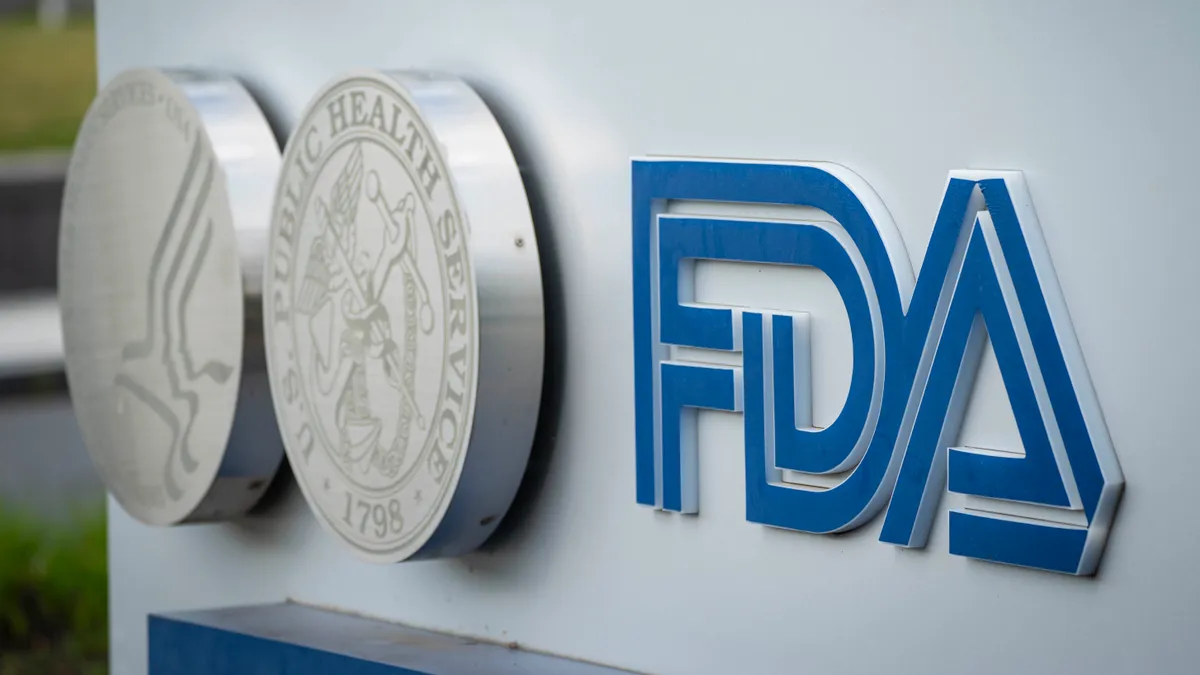Dive Brief:
- The Food and Drug Administration warned healthcare providers about the risks of using surgical mesh products in breast surgery after Becton Dickinson updated the labeling of multiple mesh products.
- The FDA, which convened a panel to discuss the use of mesh in breast surgery in 2019, sent a letter on Nov. 9 to inform healthcare professionals of BD’s update, which included warnings and precautions about using mesh in breast surgeries.
- As the FDA explained in the letter, the safety and effectiveness of surgical mesh in breast surgery, including in augmentation or reconstruction, has not been determined by the agency.
Dive Insight:
BD sells mesh devices such as Phasix Mesh and GalaFLEX Scaffold for use in the repair and reinforcement of soft tissue where weakness exists. Surgeons have used mesh in breast reconstruction and mastopexy, also known as a breast lift, but authorities have concerns about the practice.
In 2019, the FDA’s General and Plastic Surgery Devices Panel recommended MRI screening for mesh recipients. Two years later, the FDA issued a notice about the potential for certain acellular dermal matrix products, a type of surgical mesh, to have a higher chance of complications or problems when used in implant-based breast reconstruction.
BD has updated the labels for multiple Phasix and GalaFLEX products. The warning section of the latest label for BD’s GalaFLEX LITE scaffold states that the device “has not been studied for use in breast reconstructive surgeries.”
The FDA sent a letter asking healthcare providers to “read BD’s updated labeling and carefully follow instructions for use and recommendations.” Officials are not recommending reoperation or removal of implanted surgical mesh in asymptomatic patients but stressed the “importance of clinical evaluations to evaluate the safety, effectiveness and benefit-risk profile of these products.”
No surgical mesh products are cleared or approved by the FDA for use in breast surgery, including in augmentation or reconstruction, the agency said. The recommendations made by the expert panel in 2019 remain in place.










